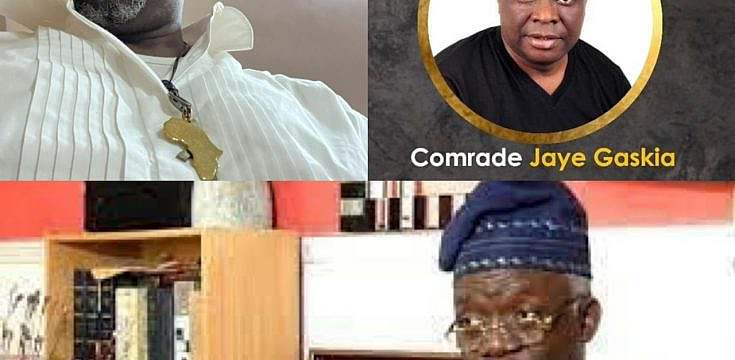In recent interventions amounting to reflection on the recent 2023 presidential and national assembly elections, Comrade Femi Falana SAN had been widely reported and quoted to have submitted that the elections destroyed the myth of structure.
The inferences that can be drawn from this is that there is no need for structures in the struggle for political power among ruling class factions, as well as between the ruling class and the working and other subaltern classes.
Comrade Che Oyinatumba had taken exception to this and launched a critique of Cde FF, reminding FF of his argument in the context of our internal debates (within the movement – TPAP-M), regarding our engagement with the 2023 general elections, wherein Cde FF had insisted that in order for us to be able to engage meaningfully and effectively we needed to concentrate first on building our structures, the structures of the movement.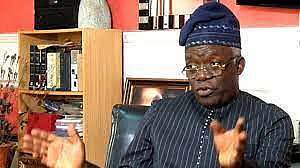 Cde FF’s response to Cde Che’s critique had been to try to distinguish between the political structure of bourgeois political parties, and the social support base of revolutionary political parties.
Cde FF’s response to Cde Che’s critique had been to try to distinguish between the political structure of bourgeois political parties, and the social support base of revolutionary political parties.
Given the foregoing, it is important to make some short preliminary statements.
A number of issues arise here. First, the attempt, as implied and or suggested in FF’s initial assertion on structures, to dismiss the necessity for structures, and promote a narrative which seems to such that structures can be destroyed without the necessity to have countervailing structures is at best misleading, and at worst, dangerous.
We may ask what is a political structure? And why is it necessary?
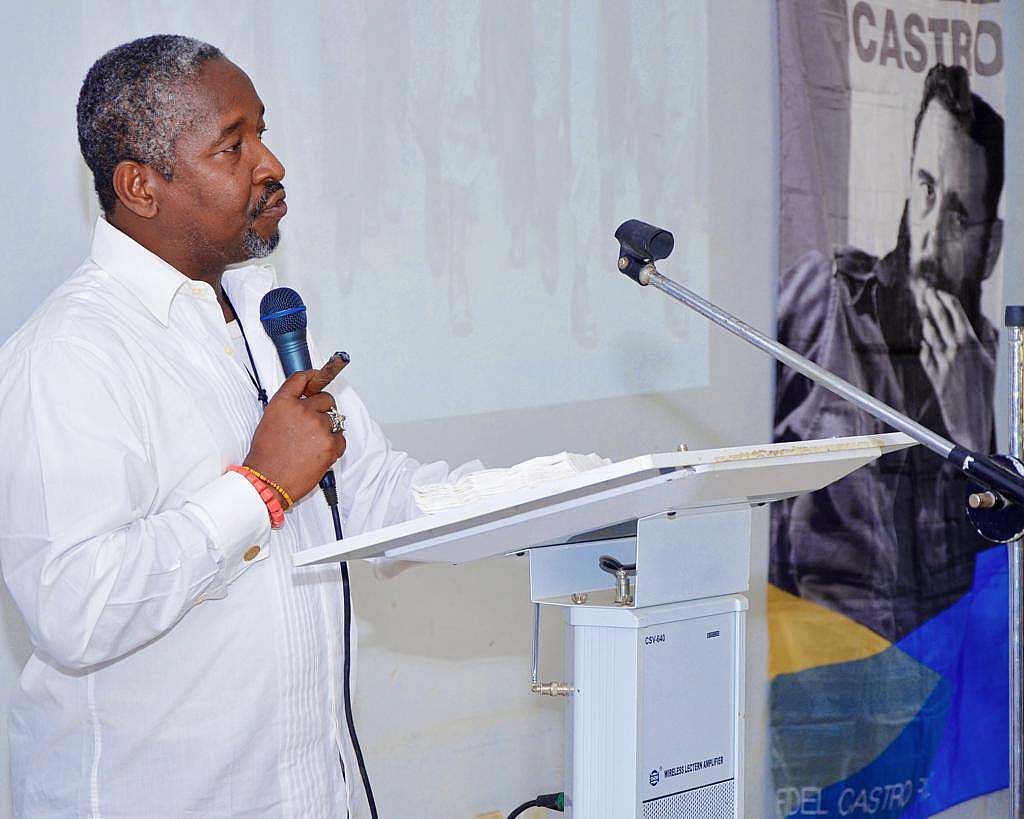
By political structure in this context we refer to an organisation, as organised expression of a phenomenon and process, and one that ensures cohesion, discipline, assignment of roles, coordination, etc for the initiative.
To imply that structure as an organisation is unnecessary is clearly not helpful, and is even harmful to the cause of the working people and other exploited classes.
To imply, that an unorganized, and thus unstructured process has the capacity to effectively defeat, displace, and replace an organised and structured opponent, rather than merely disrupt, an organised and structured establishment and opponent, only ends up fostering illusions that disarms the popular masses, and prevents them from acquiring and developing the capacity for independent thought and autonomous action. It is a dangerous narrative, that should be effectively responded to.
In the world that we live in, not even the smallest life form or inanimate object, can exist without structure.
Even the famous amoeba, a single celled animal, has a structure, that gives it form (regardless of how flexible that form is), and one that not only distinguishes it from the rest of its environment, but also enables it to perform its functions as a living organism.
It is a structure, that gives form to an entity, distinguishes it from other entities, and provides the framework for the entity to acquire the capacity necessary to undertake its task. Without organisation therefore, no movement, and certainly, no political movement can effectively realise its goals, much less lead the process of change, including social transformation.
Without organisation therefore, no movement, and certainly, no political movement can effectively realise its goals, much less lead the process of change, including social transformation.
To conclude, it is necessary to interrogate FF’s response to Che, as quoted above. FF distinguishes between the structures of bourgeois political parties and those of revolutionary political parties. And this distinction is important, and necessary. Marxists have always recognized and insisted on the necessity of the working class to organise politically, independently of the ruling class, and as a precondition for it to make the transition from ‘a class in itself ‘ to ‘a class for itself’.
What may not be explicit, but ought to be implicit, in that response, is that the social base of a revolutionary political party requires to be organised, and is therefore the substrate from which the structure of the revolutionary political party is built.
It is also important to make the clarification, that it is not only revolutionary political parties that have a social base, every political party, including those of the ruling class have social support bases. It is however, true that the social support base of the different political parties are often different; but this difference is essentially one that is activated, cultivated, nurtured, and built upon.
For in reality, all political parties, left right, center, conservative, reformist, revolutionary, all compete to appeal to social bases that very often in real life, overlap.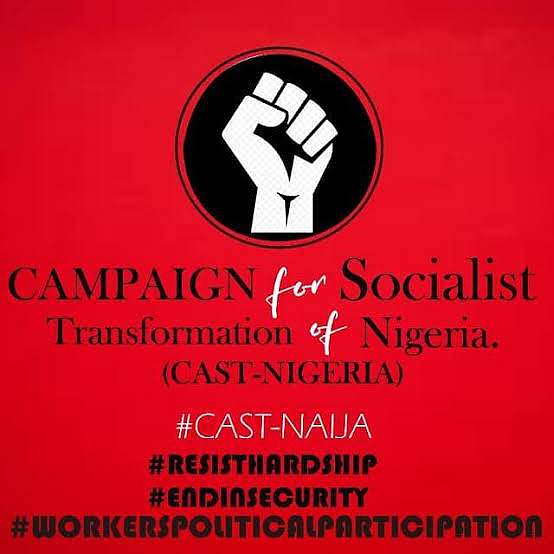 Finally, in the context of the initial reflection of FF, and Che’s response, the real question that was posed was – whether structures are necessary, or they are not, but we can appreciate FF ‘s introduction of the caveat in his response to Che in distinguishing between the respective structures of bourgeois and revolutionary political parties.
Finally, in the context of the initial reflection of FF, and Che’s response, the real question that was posed was – whether structures are necessary, or they are not, but we can appreciate FF ‘s introduction of the caveat in his response to Che in distinguishing between the respective structures of bourgeois and revolutionary political parties.
We should conclude by also making a clarification around the question of reference to the social support base of revolutionary political parties. Within the context of the 2023 general elections, there was no popular revolutionary political party, or movement, contending in the election.
Neither the labour party, nor the Obidient Moment, is a revolutionary political party or entity, and Peter Obi is certainly not a revolutionary political leader.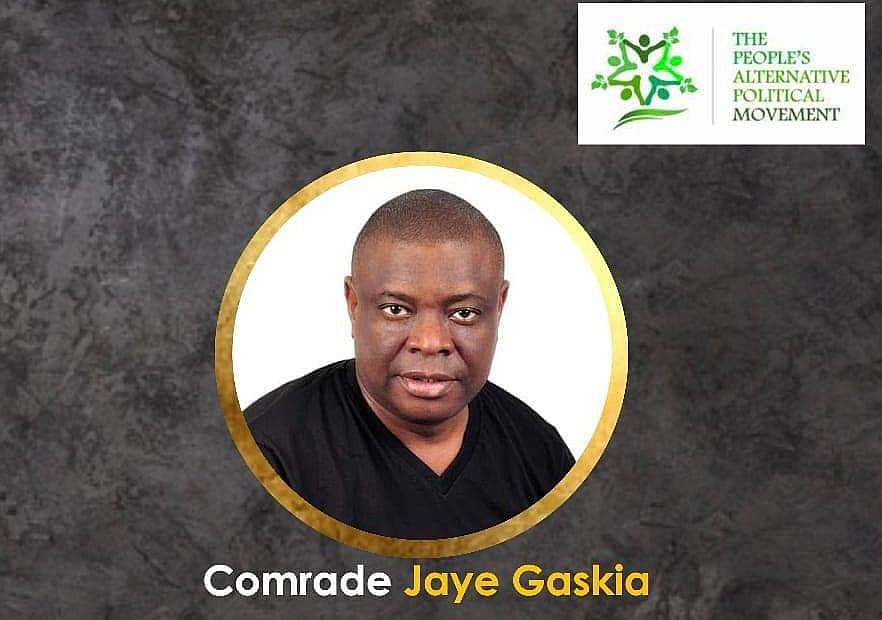 It begs the question of what constitutes the social support base of the Obidient Moment?
It begs the question of what constitutes the social support base of the Obidient Moment?
This question is important. The social support base of the Obidient Moment is the middle class in general, and the upper middle class in particular. This class character shaped its ambivalence to the working class, its disdain of the lumpen, and its aversion to structure – in the sense of organisation, leadership, and discipline.
It is this class base, this individualistic character of the class that made it Moment unteachable, disdainful of criticism, incapable of tolerating dissenting views; thus shaping the imperious arrogance, based on ignorance, of the Moment.
It is our duty as revolutionaries, as Working Class partisans, and certainly as Marxists, to confront and critique this phenomenon, and not to embrace and succumb to it. Our duty is to explode this myth, and not to applaud it.
NB:
At the conclusion of the general elections process, a more holistic postmortem will be necessary, and will be forthcoming.

